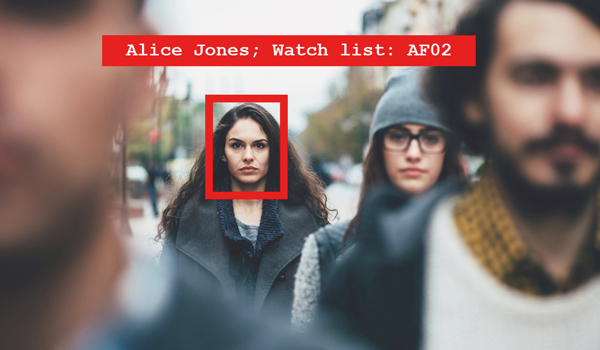BWV and realistic expectations
US law enforcement officer Matthew Ernst is a big advocate of body-worn video cameras. Evidence to support their benefits is overwhelming, but he believes the police and the public need to keep their expectations realistic.

In the wake of recent riots around the nation, the US Department of Justice is preparing to equip an additional 50,000 law enforcement officers with body-worn video (BWV) cameras.
As an officer who has been wearing a body camera for the past 18 months, I can testify that these cameras provide numerous benefits for both law enforcement and the public. However, body cameras come with limitations and drawbacks as well. And as more officers begin wearing these cameras, the public needs to know what to realistically expect.
While I am a big advocate of body cameras, it has become apparent to me that many in the general public completely misunderstand what body cameras will accomplish. With the push for body cameras coming in the wake of recent riots [in the US], the implication seems to be: if only more cops were wearing body cameras, then we would not have these controversial incidents because the cameras would have captured all kinds of damning evidence against the officers.
The reality is that body cameras will not drastically change policing. Officers are still going to be involved in deadly force encounters and other controversial incidents. While early research suggested that BWV cameras would reduce use-of-force incidents, more recent reporting has shown that body cameras have little impact on the number of use-of-force incidents, and in the majority of those incidents, the officers were cleared of any wrongdoing.
In my own experience, body cameras have not changed how people act. When a person is intoxicated, high on drugs, suffering from mental illness, or just simply desperate to get away from the cops, he is not likely going to change his behaviour due to an officer wearing a body camera.
Officer safety
Body cameras can be very effective at capturing evidence, but they cannot capture everything. Cameras cannot see to the side and can only see what is in their field of view. And with many police incidents happening in low-light environments, such as darkness or poorly-lit dwellings, sometimes the incident is simply not visible when watching the recording.
Most importantly, an officer must remember to turn on the camera before any incident can be recorded. When an officer is faced with the stress from a dangerous confrontation, he/she will get tunnel-vision and focus on the most immediate threats. This means there is a good chance he/she will forget to turn on his/her body camera, which is a perfectly normal reaction to stress.
In fact, this has happened to me three to four times in the past year.
While officers can often predict situations when it will be desirable to have the camera turned on, there are also many occasions when it is simply not possible. Consider an officer who drives past a fight in progress and then immediately exits his patrol unit to break up the fight while also talking on the radio to communicate to dispatch and other officers.
Or the officer who unexpectedly drives upon a theft in progress and instantly begins pursuing the suspect(s), while also trying to communicate his location, suspect description, etc. In both of these scenarios, and many others, the chances are slim that the officer will remember to turn on the body camera.
Memory and storage
It is also not feasible to have an officers camera constantly recording for an entire shift, which can be eight to 12 hours. Even if it was, the majority of officers shifts are spent doing uneventful tasks such as report writing, driving to/from calls, checking in evidence, and a whole host of other things that the general public has neither the time nor interest in watching.
In addition, officers respond to a wide variety of separate, and completely unrelated, calls during their shift. Body camera recordings from these unrelated incidents must remain separated and placed in separate case files for prosecution purposes. As a result, officers need to have the capability to turn the cameras on or off when they want. This makes it much easier to keep recordings separated the way t



